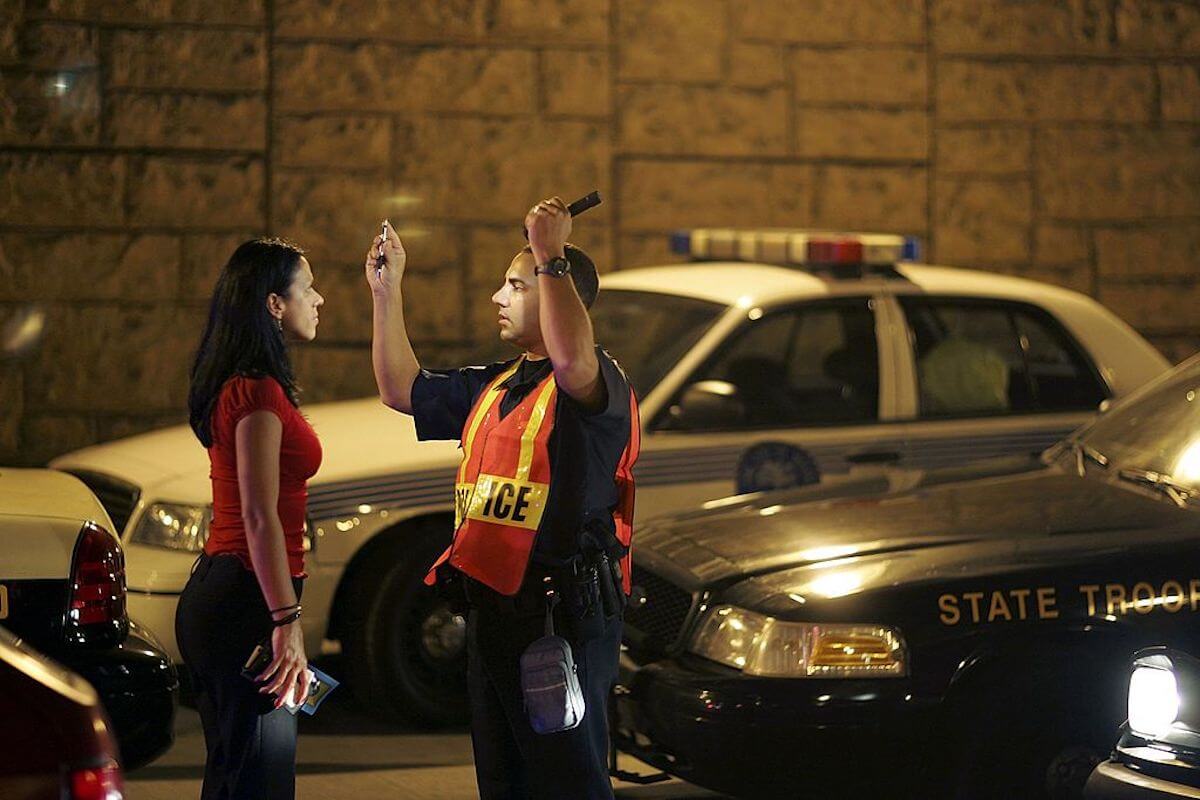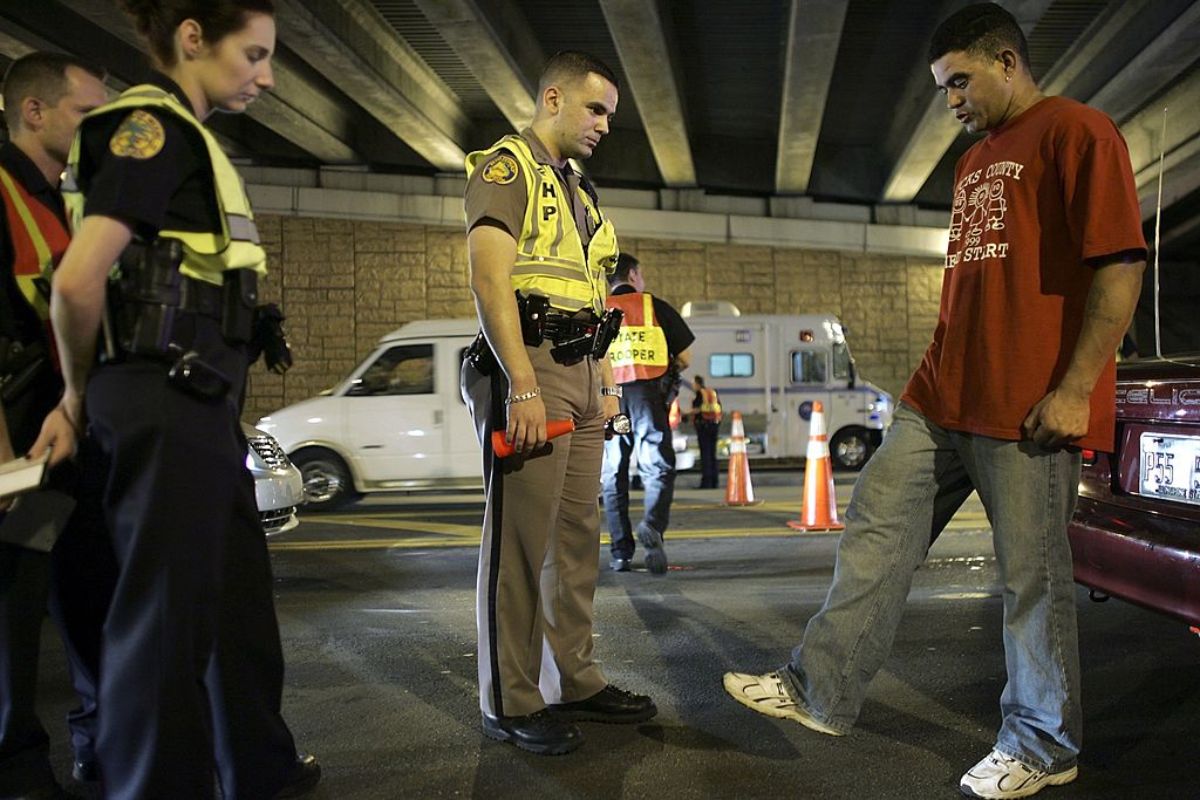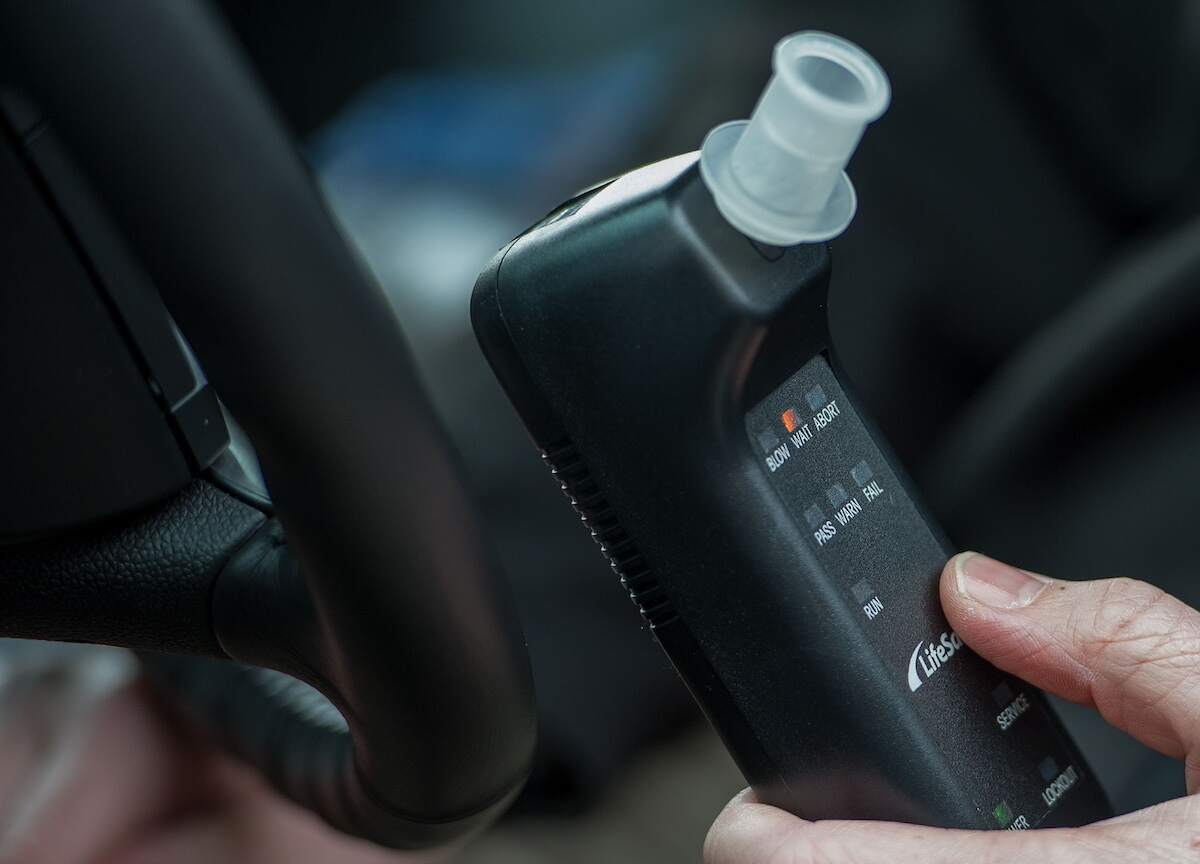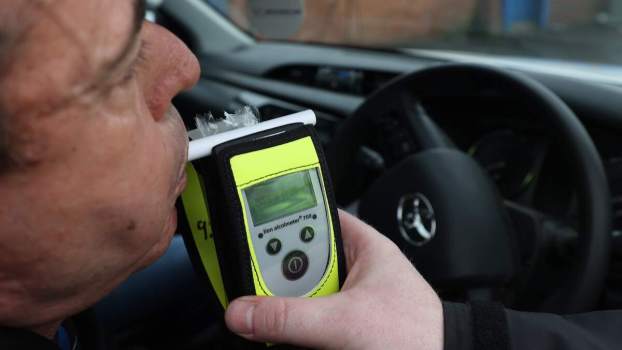
Does a DUI Ruin Your Life? How Getting Caught Driving Drunk Can Affect You
One night of drinking and driving can change your life forever. Getting behind the wheel after consuming too much alcohol could result in DUI charges. Drunk driving compromises your and others’ safety, and a DUI conviction can have long-lasting negative impacts. Here’s how a DUI could ruin your life.
What is a DUI, and is it different from a DWI?

Some states refer to driving while intoxicated (or impaired) as a DWI, while others list driving under the influence as a DUI. Basically, DWI and DUI are the same, though some states reserve “DWI” for impairment from prescription or recreational drugs.
As with anything else in the legal system, being accused of DUI or DWI isn’t a presumption of guilt in a court of law. However, that could be the case in the court of public opinion.
Does a DUI ruin your life?

Driving under the influence of alcohol is the most common criminal offense in the United States, BACtrack reports. Your first DUI might not affect your life nearly as much as receiving several DUIs. Like any other offense, repeat offenders typically get longer jail sentences and higher fines. They could also be required to install and use a breathalyzer device in their vehicles to start their cars.
In addition to the immediate, known troubles with multiple DUI convictions, these offenses could include long-term consequences, including:
- Driver’s license revocation
- Negative background checks for employment, loans, and housing leases
- Loss of or limited employment opportunities
- Increased auto insurance rates
- Denial of scholarships
In addition to those consequences for convictions, a DUI arrest can impact your professional relationships with co-workers who perceive you negatively. Also, many people have shared feelings of shame and embarrassment with their family and friends following a DUI arrest.
How else does a DUI affect your life?
From a legal perspective, a DUI conviction can be accompanied by fines, jail time, and community service. The amount of jail time and fines largely depends on the number of DUIs a person is convicted of committing.
Usually, the first DUI is classified as a misdemeanor, with a much shorter punishment than when multiple DUIs add up to felony convictions. When aggravating circumstances are involved, DUIs can be classified as a felony. Often, this is the case when the impaired driver has killed or injured someone because of being under the influence of alcohol.
In addition, a DUI could be accompanied by a civil lawsuit when car accident victims have been injured, killed, or suffered vehicle damage. This is a lawsuit filed in addition to the criminal suit.
What other forms of punishment can result from driving drunk?

Motorists convicted of DUIs could lose their driver’s license for specified periods set by each state. In some cases, these convictions also require drivers to take regular blood, breath, or urine tests. Some states also issue an ignition interlock device (IID) attached to the offender’s car, which allows the vehicle to start only after the driver breathes into the device and their breath is determined to be free of alcohol.
Some repeat offenders must also attend and complete substance abuse education and prevention programs. Additional penalties can come in the form of community service, which takes time away from work for many people.
How long does a DUI stay on your record?
Depending on the state, a DUI can stay on your record forever. Some states don’t have a procedure for the removal of a DUI. In many cases, drivers convicted of DUI will pay higher insurance rates for 10 years, making that one instance of poor judgment extremely costly.
How can you avoid a DUI?
The best way to avoid a DUI is to take precautions to ensure you don’t get behind the wheel while inebriated. Use a designated driver service, arrange for a friend or family member to pick you up, or hire an Uber or Lyft to take you home. Considering the potentially life-altering consequences, leaving your car at the bar is better than risking a DUI or accident.




